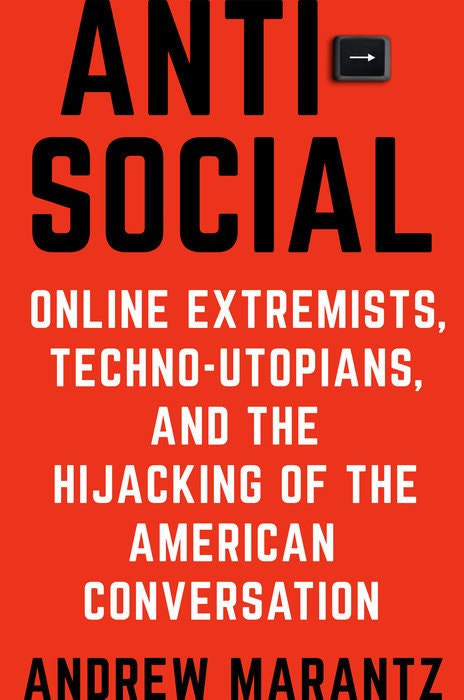
Max Read

WHAT WAS ELON MUSK PLANNING when he began to quietly buy up Twitter stock in late January of this year? In paperwork filed with the SEC, Musk originally indicated he had no designs on becoming an activist investor, and when his stake—at that point just over 9 percent—was made public in April, Musk accepted an invitation to join the company’s board. A few days later, Twitter CEO Parag Agrawal announced that Musk had changed his mind and would not be joining the board, and less than a week later, Musk announced a takeover offer: he would buy out stockholders at 
I QUIT TWITTER and Instagram in May, in the same manner I leave parties: abruptly, silently, and much later than would have been healthy. This was several weeks into New York City’s lockdown, and for those of us not employed by institutions deemed essential—hospitals, prisons, meatpacking plants—sociality was now entirely mediated by a handful of tech giants, with no meatspace escape route, and the platforms felt particularly, grimly pathetic. Instagram, cut off from a steady supply of vacations and parties and other covetable experiences, had grown unsettlingly boring, its inhabitants increasingly unkempt and wild-eyed, each one like the sole surviving 
Whatever injuries Silicon Valley has done to the journalism industry over the past decade, it has also bequeathed to us a fine new cottage industry: the “bad-guys-on-the-internet beat,” as Andrew Marantz puts it in his new book, Antisocial: Online Extremists, Techno-Utopians, and the Hijacking of the American Conversation. The terrifying rise of the extreme right wing, squealing from its perch on our strange new megaplatforms, has created a market opportunity for journalists who can walk the confused and nervous through the dangers and insufficiencies of our media ecosystem. As techies and bankers hollow out local news outlets, legacy publications staff 
Not since William Steig’s C D B! have I read a book with as many capital letters as Ken Auletta’s Frenemies. Sometimes they appear, without warning, in the middle of names—the “L” in MediaLink, the “M” in VaynerMedia—but mostly they arrive in great alphabet-soup spoonfuls. In the first chapter, we learn that AT&T has dropped WPP, which owns JWT, AKQA, and KBM; later in the book we meet the CEOs of agencies like BBDO and DDB. Auletta sketches out the difference between a creative agency like IPG’s FCB and a media agency like WPP’s MEC; he teaches us that the 
The back cover of my review copy of Katerina describes it as “James Frey’s highly anticipated new novel, his first in ten years.” This assertion, maybe unsurprisingly for a Frey production, is not exactly true; depending on how you count, Frey has written as many as thirteen novels since 2008. Right there from his Amazon author page I can buy Frey’s The Final Testament of the Holy Bible, a novel in which a contemporary, bisexual, and extremely horny Jesus offers a searing critique of modern society, published in 2011 by the Gagosian Gallery and available in paperback, electronic, and imitation-leather 
At some point while reading Coders (Penguin Press, $28), technology writer Clive Thompson’s enjoyable primer on the world of computer programmers, I started to note the metaphors being deployed by Thompson and his subjects to explain what it is they do, exactly. Coding, my incomplete list tells me, is “being a bricklayer,” “playing a one-armed bandit in Las Vegas,” “deep-sea diving,” “combat on the astral plane,” “oddly reminiscent of poetry,” “oddly like carpentry,” “like knitting and weaving,” “like being a digital plumber,” and “like the relationship of gardeners to their gardens.” It “summons to mind all the religious traditions where